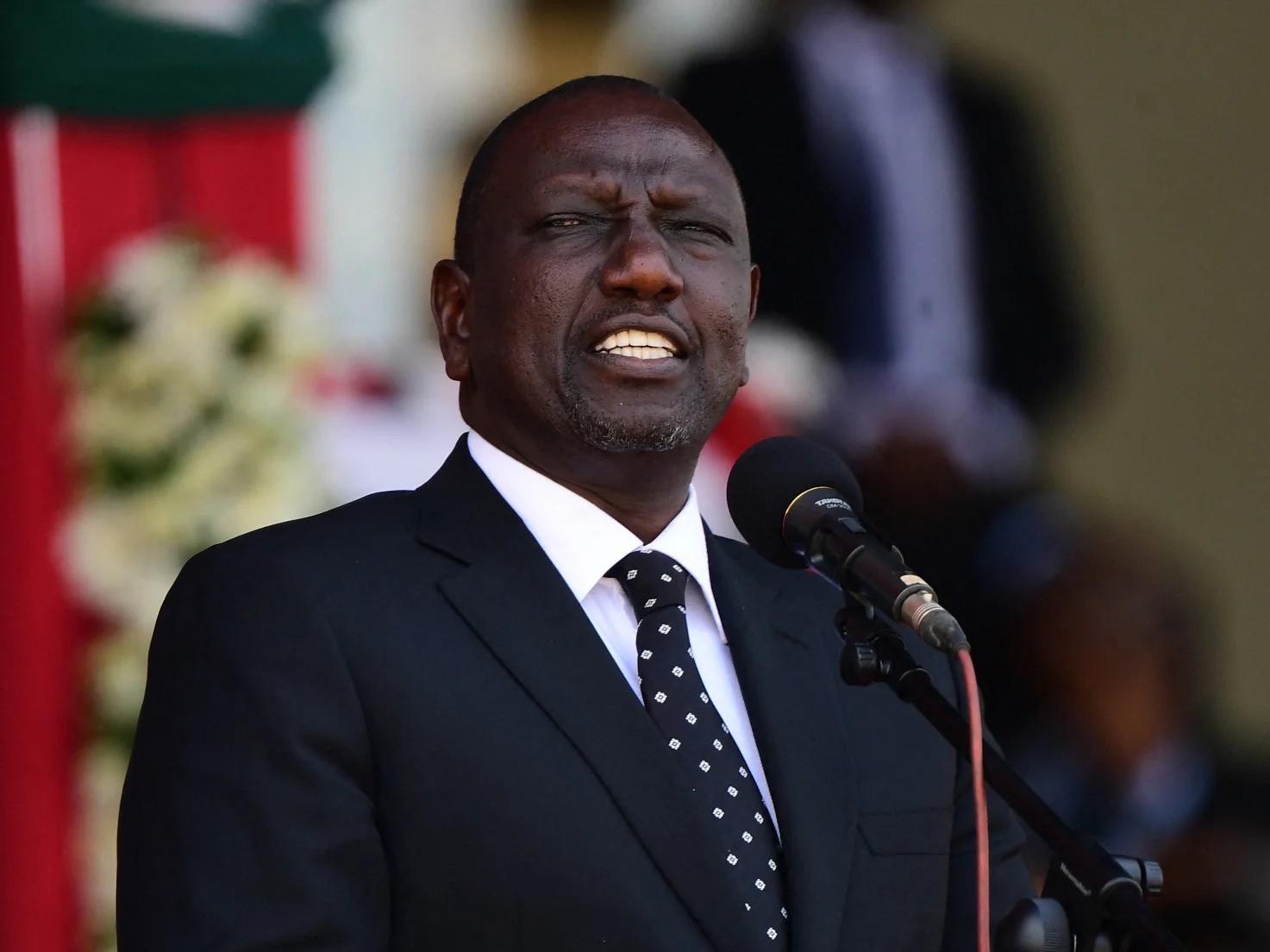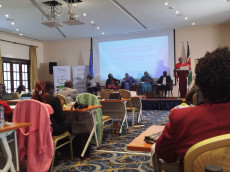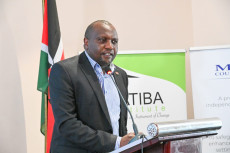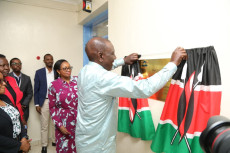- As the Head of State, Ruto should inspire hope, trust, and demonstrate a sense of stability and guidance to the country.
The country is once again debating leaders’ respect for human rights, but this time, the core of the discussions surrounds the highest office in the land – the President.
On July 9, 2025, President Ruto addressed the political fervour that seems to be steering the country toward anarchy and heightened police brutality. He gave police officers the green light to shoot in the leg anyone daring to attack a police station or government installation.
This comes two weeks after Interior Cabinet Secretary (CS) Kipchumba Murkomen gave a similar order. At that moment, the air was already stiff as Murkomen’s remarks did not paint the image of a leader mandated to protect citizens.
Now, the climate of tension is at an extreme, following a similar temper from a higher desk.
As the Head of State, Ruto should inspire hope, trust, and demonstrate a sense of stability and guidance to the country. He ought to provide leadership and adopt a conciliatory tone to heal a bleeding nation.
Read More
Kenya should see President Ruto as a father figure.
By dint of his failure to demonstrate these qualities, Kenyans feel sold down the river during these delicate moments when the country is potentially sliding into chaos.
In the spirit of rubbing salt on the wound, the President made this striking pronouncement two days after the 35th anniversary of the Saba Saba demonstrations, which have at the moment claimed 31 lives, according to the Kenya National Commission on Human Rights (KNCHR).
President Ruto should convene a meeting with his advisory body and develop a framework that acknowledges the mistakes his administration has made, apologizes to Kenyans for choosing a combative tone at a time when a pacifying approach is most needed, consoles with and offers reprieve to the scores of families mourning their lost kin.
For this reality to take form, he primarily needs to understand that protesters are not intending to overthrow him; instead, they are asking the difficult questions. They are demanding transparency, accountability, and respect for human rights and the rule of law.












